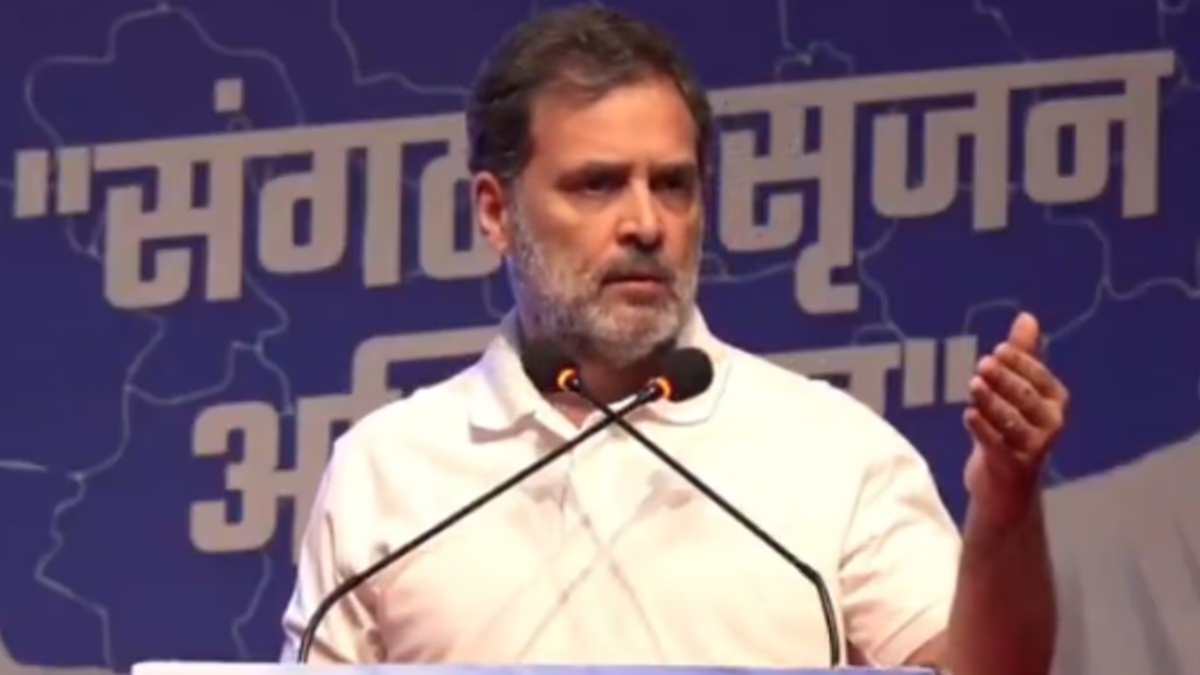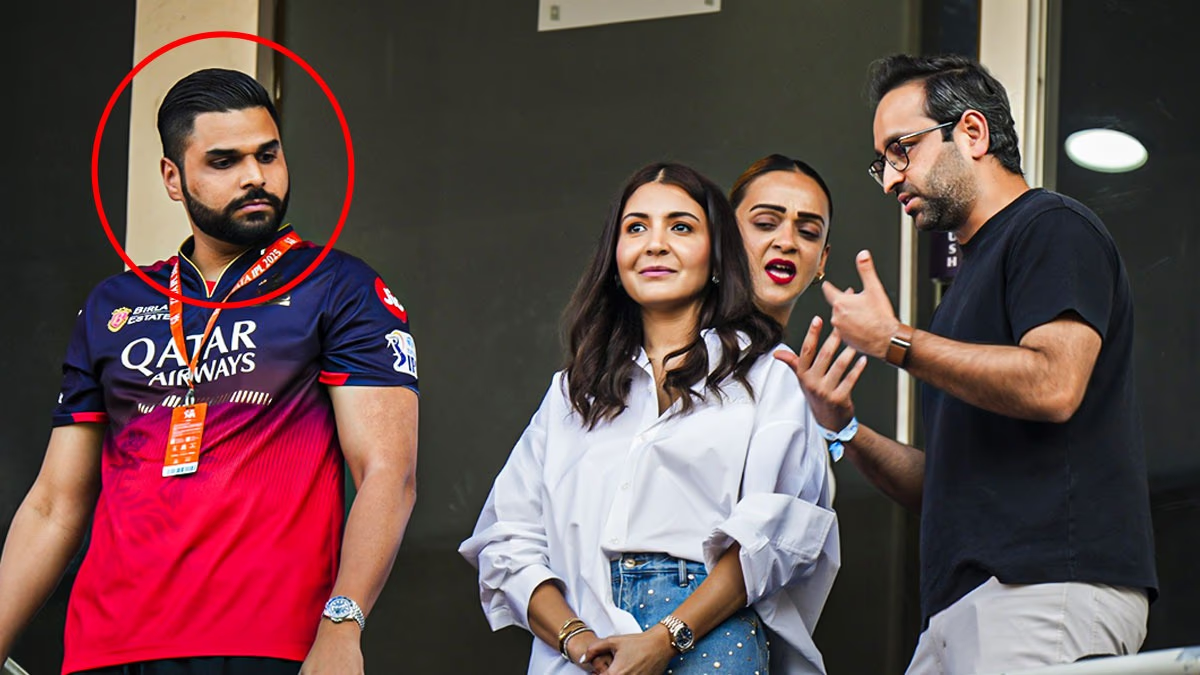On June 3rd, Rahul Gandhi, the former President of Congress and the Leader of Opposition in the Lok Sabha, was in Bhopal, the capital of Madhya Pradesh. He spent nearly five hours in the city, participating in five different events. Gandhi kick-started the party's 'Organization Creation Campaign,' emphatically instructing leaders to cease factionalism, work in unity, and strengthen the organizational structure. He assured that no decision would be imposed from above. Instead, he encouraged collaborative decision-making among leaders, emphasizing any necessary changes that could be made promptly.
Gandhi also urged identifying those aiding the BJP and ensuring the organization places the right people in the right positions. He used a metaphor of sorting racehorses, wedding horses, and lame horses to depict placing individuals properly. In strengthening the organization, he emphasized empowering district Congress committees in candidate selection for Lok Sabha, Assembly, and local elections, stressing the importance of accountability and responsibility. Why did Gandhi mention ending factionalism and identifying BJP aiding leaders? Understanding the grassroots condition of Congress in Madhya Pradesh is essential.
The Ground Reality of Congress in Madhya Pradesh
The situation for Congress in Madhya Pradesh appears bleak. After winning the 2018 assembly elections, Congress formed the government under Kamal Nath after 15 years but lasted only 15 months due to internal rebellions. Optimistic about a win in the 2023 elections, the Grand Old Party bagged only 66 out of 230 seats with a 41% vote share.
In 2018, Congress secured 114 seats with a 41.5% vote share. Despite a minor dip in vote share, seat count plummeted by 48. The 2024 Lok Sabha elections were even more disappointing as Congress failed to open its account, garnering only 32.9% of the vote.
Factionalism Overpowering the Organization
Factionalism remains a significant issue for Congress in Madhya Pradesh. Leaders like Kamal Nath, Digvijaya Singh, Suresh Pachauri, and Ajay Singh have been part of various factions. Despite changing the provincial president and in-charge after the assembly election defeat, the results were unimpressive. The sole seat won in the 2019 Lok Sabha elections, Chhindwara, was also lost. Senior leaders like Ajay Singh and Govind Singh expressed inability to contest.
Before Gandhi's visit to Bhopal, a former minister, PC Sharma, alleged that Congress had sleeper cells leaking information to BJP. Rahul Gandhi's visit would aim to identify such infiltrators. Feedback would lead to significant changes. Congress continues its groundwork, focusing on organization strengthening. Gandhi himself emphasized pinpointing leaders in Congress aiding BJP.
Leadership Crisis
In the past seven years spanning the previous assembly election, the Madhya Pradesh Congress has witnessed six different in-charges, perceived as another consequence of factionalism. The factionalism severely impacts the understanding of state politics for any newly appointed in-charge. Deepak Bawaria was in charge during the 2018 elections, followed by Mukul Wasnik, JP Aggarwal, Randeep Singh Surjewala, Bhanwar Jitendra Singh, and now Harish Chaudhary.
Following a glaring revelation of factionalism during a rally in Mahu, Harish Chaudhary was appointed this year as in-charge. He is known to be close to the Gandhi family. When discussing local leadership, Kamal Nath appears less proactive. Jyotiraditya Scindia has moved to BJP. Jeetu Patwari reportedly lacks necessary support within the party. Local leadership still poses challenges for the organization.




